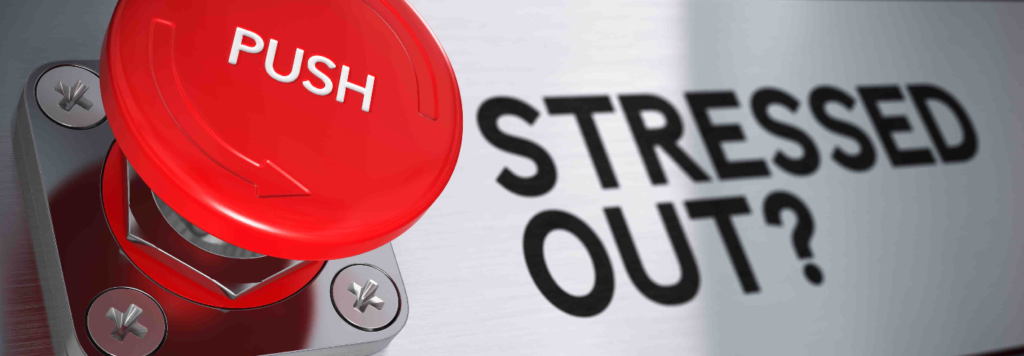How can you even think about taking a break right now?? It’s nearly exam time! I have a paper due! I must do some research for my dissertation!
There’s always something going on. As graduate students, our schedules seem to be packed to the minute with classes, practical experiences, deadlines, and inevitably something we forgot. Even though we’re in a helping profession, we seem to be particularly guilty of neglecting ourselves [1]. In fact, it would seem as though psychologists and psychological professionals overall are more likely to neglect their own self-care over those in other professions [1]. Although this seems to be the trend, it can be particularly detrimental to our mental health. Because we are needed to intervene when people are often at their lowest points, we have some very strong emotional burdens to bear. We are at risk for emotional distress, secondary or vicarious traumatic distress, and burnout. Just like when the flight attendant says to put your mask on before assisting anyone else, as professionals we must take care of ourselves to ensure that we have the emotional stamina to be able to care for anyone else. This is why making sure to schedule “me time” is so important.
I know that your schedule is jam-packed. Trust me when I say that you are not alone in that. Because we all know how difficult it is to even carve out time for dinner for yourself, how can we even think about the idea of taking a little self-care, or “me time”. To help us all figure out a couple of better strategies for fitting this time into your day.
Putting time in your schedule for yourself can work for some people [2]. However, there are many people, especially graduate students, who can see this as an opportunity to work on something else, get caught up on notes, or simply get some extra reading in. This time in your planner is too often seen as flexible, which can be a major danger when you’re trying to ensure that you get to take this time.
Being specific can help you ensure you take this time. Instead of just putting in your calendar “me time”, try putting in something specific that you will do. For example, on Thursday night you might plan to catch up on your favorite TV show, blog posts, or even get some exercise. When you focus on something specific that you enjoy, it can already start giving you the reminder of what you are working towards. If we remember some of our major principles of behaviorism, having the positive reinforcement can help us work harder and increases the likelihood that we follow through on that action.
In the same vein, focusing on the future can help as well. Knowing that you have something to look forward to in the coming week can be the boost you need to make it through the week. If you are having a particularly difficult day, you may want to even move your schedule around, so you can have some time to “unplug” your brain a bit at the end of the day. Offering these little sessions of “me time” can be enough to keep you going, especially on surprisingly challenging days.
Be sure to schedule time for yourself as frequently as you feel like you need it. There is no exact amount of time that a person should be able to go before needing a mental health break. As budding clinicians, you are already aware that there is not really such a thing as “normal”. If you need a break every evening, so be it. If you can go all week before needing some self-care, that’s fine too! Make sure that you don’t try to push yourself too hard before taking a break, or that you give yourself too many breaks. You know yourself better than anyone, so try to be honest with yourself about how much self-care you need to stay mentally healthy.
Make sure to treat these as important as any other deadline that you’re working around. Granting these “me time” breaks the same gravity that the rest of your tasks have will remind you of the importance of your mental health. Ideally, they will also increase your follow through on them. Remember, no one would fault you for taking a day off for the flu. In order to be at 100%, you health needs to be intact, which includes your mental health!
References
- Shallcross, L. (2011). Taking care of yourself as a counselor. Retrieved from https://ct.counseling.org/2011/01/taking-care-of-yourself-as-a-counselor/
- The Muse. (2014). How To Actually Make Time For Yourself When Your Schedule Is Crazy. Retrieved from https://www.forbes.com/sites/dailymuse/2014/12/12/how-to-actually-make-time-for-yourself-when-your-schedule-is-crazy/#97fea8852638





 It’s not what you think. While the difficulty of Special Forces training around the world is known to be extreme, especially among the few who have actually endured it, what the Russian Spetsnaz goes through is on another level.
It’s not what you think. While the difficulty of Special Forces training around the world is known to be extreme, especially among the few who have actually endured it, what the Russian Spetsnaz goes through is on another level.